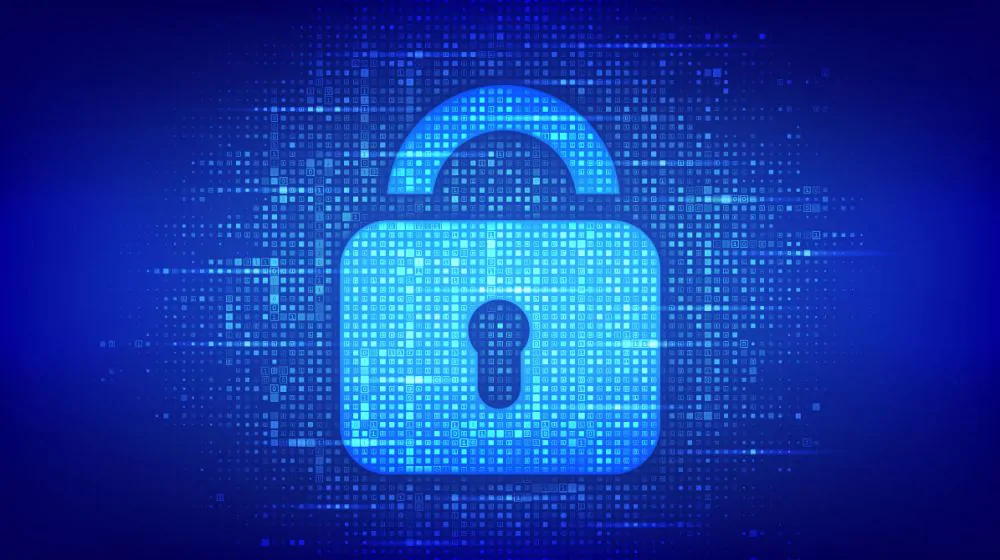Solving Cyber Crimes – The Integral Role of Digital Forensic Services in Modern Security
In an era where digital technology permeates every facet of life, the landscape of criminal activity has evolved correspondingly. Cybercrimes, ranging from data breaches and identity theft to sophisticated network intrusions and ransomware attacks, have become a ubiquitous threat to individuals, corporations, and governments. As these crimes grow in complexity and frequency, the field of digital forensics has emerged as an indispensable component of modern security frameworks. Digital forensic services play a critical role in investigating, mitigating, and preventing cybercrimes, making them integral to contemporary law enforcement and cybersecurity strategies. Digital forensics involves the meticulous process of identifying, preserving, analyzing, and presenting digital evidence. This field encompasses various specializations, including computer forensics, network forensics, mobile device forensics, and cloud forensics. Each specialization addresses different aspects of the digital environment, ensuring that forensic experts can tackle a wide range of cybercrimes effectively. For instance, computer forensics focuses on extracting and examining data from personal computers and servers, while network forensics deals with the monitoring and analysis of network traffic to detect and investigate unauthorized activities.

One of the primary roles of digital forensic services is to support law enforcement agencies in criminal investigations. When a cybercrime is reported, forensic experts collaborate with investigators to gather and analyze digital evidence. This evidence can include emails, chat logs, browsing history, system logs, and files that have been deleted or encrypted by perpetrators. Through advanced techniques such as data recovery, decryption, and malware analysis, forensic specialists can uncover critical information that may lead to the identification and apprehension of cyber criminals. Moreover, the forensic analysis provides the evidence required for legal proceedings, ensuring that perpetrators can be prosecuted effectively. In addition to aiding law enforcement, digital forensic services are crucial for organizations aiming to safeguard their digital assets and maintain cybersecurity. Cyber-attacks can result in significant financial losses, reputational damage, and legal liabilities for businesses. By employing forensic experts, organizations can promptly investigate security incidents, identify vulnerabilities, and implement measures to prevent future attacks. Forensic analysis helps organizations understand the methods used by attackers, assess the extent of the breach, and develop robust incident response plans.
The importance of digital forensic services extends beyond reactive measures; they are also pivotal in proactive cybersecurity efforts and visit the website https://aliascybersecurity.com/plano/. Forensic experts often engage in threat hunting, where they search for signs of potential cyber threats within an organization’s digital environment. By identifying and addressing these threats before they manifest into full-blown attacks, forensic services contribute to the overall resilience of cybersecurity defenses. Additionally, forensic teams conduct regular audits and assessments of digital systems to ensure compliance with regulatory standards and best practices. As cybercrimes continue to evolve, so too must the field of digital forensics. Emerging technologies such as artificial intelligence, machine learning, and blockchain are being integrated into forensic methodologies to enhance the speed and accuracy of investigations. For instance, AI-driven tools can analyze vast amounts of data quickly, identifying patterns and anomalies that may indicate malicious activities. Blockchain technology, with its immutable ledger, offers new possibilities for preserving the integrity of digital evidence.